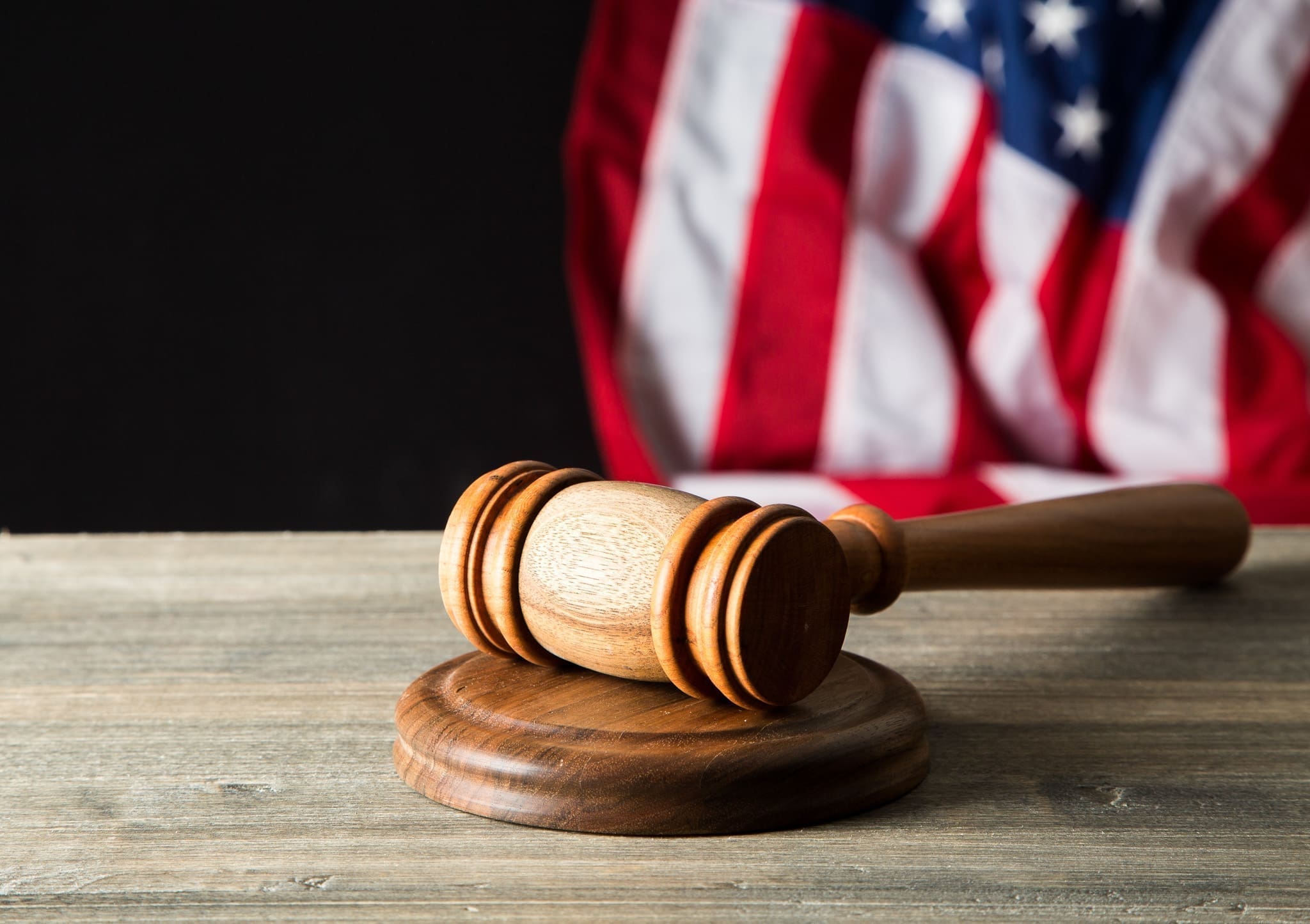Alabama top stories in brief
- In the small town of Newbern, Alabama, there is currently a lawsuit to settle the dispute of who is mayor. An article on Tread, a site run by independent journalist Lee Hedgepath, documents how the legally selected mayor has been locked out of the town hall for the entirety of his time as mayor by a group of residents who held a special election to appoint themselves as town council and appointed a separate mayor.
- The Equal Justice Initiative announced June 5 that it had opened and been operating a free health clinic to serve formerly incarcerated individuals since early 2023. The Montgomery Advertiser toured the clinic, and reported that one of the most prevalent issues treated has been Hepatitis C, something that can be treated within 8-12 weeks. According to Dr. Sanjay Kishore, one of the doctors at the clinic, Hepatitis C is a leading cause of death for incarcerated individuals.
- The University of Alabama held events Sunday, June 11, celebrating the institution’s 60th anniversary of desegregation. The college was originally desegregated June 11, 1963, by Vivian Malone and James Hood. The two Black students scheduled to enroll at UA were met by Governor George Wallace blocking the school’s entrance that morning. Only after President John Kennedy ordered the national guard to remove Wallace were the students able to enroll. The effects of this event were felt throughout the nation, as one week later, Kennedy submitted a bill which would form the Civil Rights Act of 1964.
- Alabama will gain $249 million from multi-state opioid settlement with CVS and Walgreens and drug manufacturers Teva Pharmaceuticals and Allergan. The total settlement is $17.3 billion. In addition to the cost, Walgreens and CVS are required to monitor, report and share data regarding suspicious activity connected to opioid prescriptions. Teva can no longer market the drugs, and Allergan has been banned from selling them for 10 years.
- June 6 marked the end of Alabama’s legislative session. You can read our update on some of the important legislation that passed, as well as some impactful bills which were not passed, online.
The Supreme Court rules that Alabama must redraw map for congressional districts
The Supreme Court ordered Alabama to redraw its congressional districts on June 8, affirming a lower court’s previous ruling that Alabama’s current congressional map violates the Voting Rights Act.
The ruling was 5-4, with Chief Justice John Roberts and Justice Brett Kavanaugh aligning with the courts three liberal justices in affirming the lower court’s decision.
The original ruling by a three-judge court came after plaintiffs, which included the ACLU of Alabama and the NAACP Legal Defense and Educational Fund, Inc., challenged Alabama’s congressional map in court. The plaintiffs argued that “Black voters have less opportunity than other Alabamians to elect candidates of their choice to Congress.”
This claim was based on the fact that when the maps were redrawn in 2021, they included a single majority minority district, but according to 2020 census data, 27% of Alabama’s residents identified as Black.
The three panel court ruled that it was likely that the current maps violated section 2 of the voting rights act and ordered that they be redrawn to include at least two majority Black districts or something close to it.
Alabama petitioned the decision to the Supreme Court, and the court voted in February of 2022 to put the lower court’s order on hold. In a concurring opinion Kavanaugh wrote that the order should not have been given close to the election season.
It was widely expected that the Supreme Court would overturn the lower-court’s decision, which would have effectively made it more difficult for future cases challenging redistricting plans as racially discriminatory under the Voting Rights Act of 1965.
By choosing to uphold the lower court’s ruling, the Supreme Court has set a precedent that will have an impact on other cases. It will also have an immediate impact on a similar case in Louisiana, which the Supreme Court had also put on hold until a decision had been made with the Alabama case.
Politicians in Alabama had both positive and negative reactions to the Supreme Court’s ruling.
“I am disappointed in today’s Supreme Court opinion, but it remains the commitment of the Secretary of State’s Office to comply with all applicable election laws,” said Alabama’s Secretary of State Wes Allen in a statement.
Alabama’s Attorney General, Steve Marshall, called the decision disappointing and told 1819 News that “this case is not over.”
“The Court made clear that its ruling was based only on the preliminary injunction record compiled in just a few weeks before the January 2022 district court ruling,” Marshall said. “The State is still entitled to put on our full case at trial, and we are confident that the evidence will make clear that voters in Alabama, regardless of their race, have the same opportunity as any other members of the electorate to participate in the State’s political processes and elect representatives of their choice.”
Democrats, on the other hand, considered the decision a victory for civil-rights and voting rights.
“Today was a historic win,” said congresswoman Rep. Terri Sewell, Alabama’s only Black U.S. representative. “Not just a win for the African-American voters in Alabama. It was a win for democracy itself.”
Sen. Dan Roberts, R-Mountain Brook, who is a member of the Permanent Legislative Committee on Reapportionment, told Alabama Daily News that he expected the Alabama Legislature would call a special session soon to redraw the map.
Alabama holds primaries in March, so there are nine months until the next elections will be held using the newly required maps.
Our articles you might have missed
- In the latest edition of The Alabama Ramble, our Alabama travel columnist, Wesley Miller visited the charming town of Elkmont, where he sampled specialty cheese and visited some amazing trails. The Alabama Ramble is a column that occurs every two months. Wesley travels the state to visit sites both famous and obscure, meet with locals and revel in the many adventures you can have here in Alabama.
- The most recent edition of The Breathing Room covers the limitations of human relationships and the love we can share in a short time. Read “I can only give you now,” by managing editor Hannah Irvin on our website.
Want to get early access to columns, unique newsletters and help keep The Sunrise News active? Then support us on Ko-Fi!


